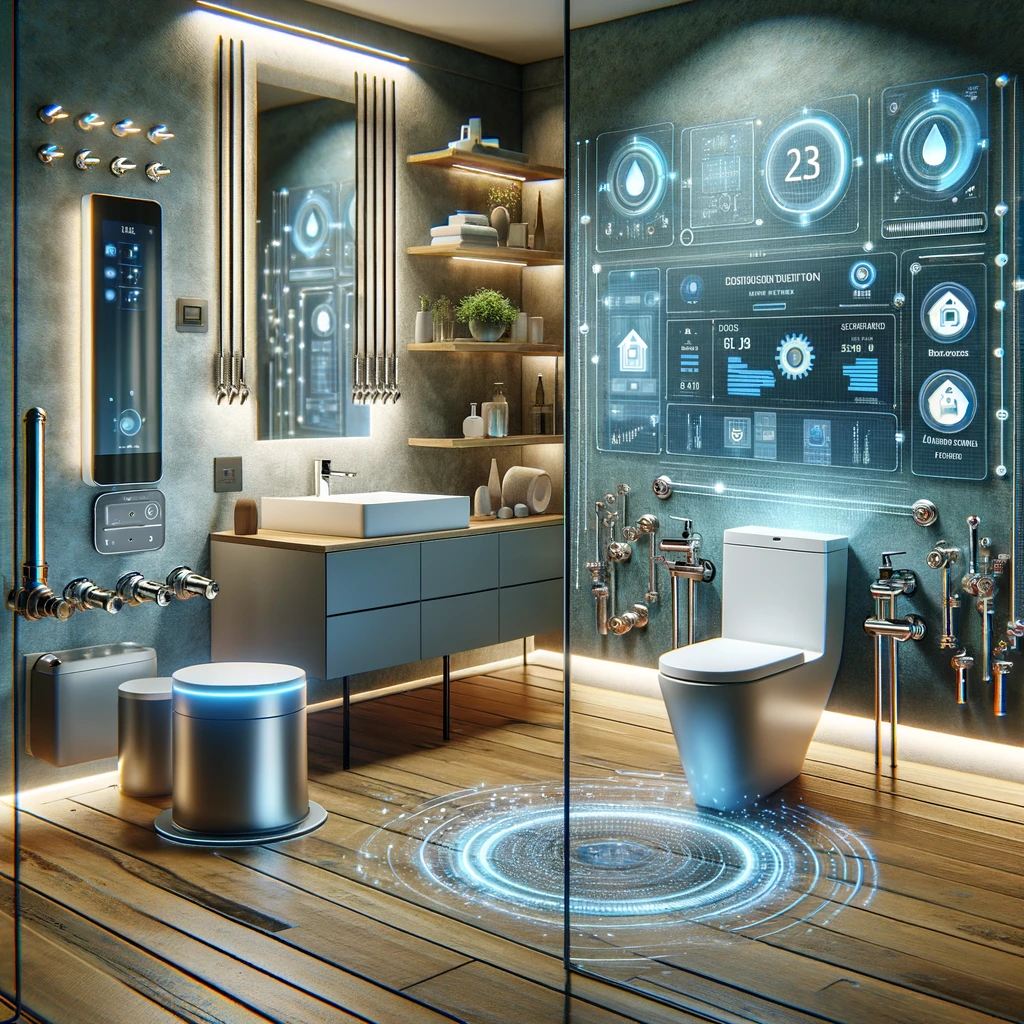As global populations grow and environmental concerns rise, the demand for efficient water management and sustainable practices in residential and commercial properties increases. Enter the era of smart plumbing, a revolutionary development in the plumbing industry that not only conserves water but also transforms how households and businesses manage their plumbing systems.
Introduction to Smart Plumbing
Smart plumbing refers to the integration of technology into home and building water systems, enabling automated water monitoring, leak detection, and even temperature control. This technology uses sensors, IoT (Internet of Things) connectivity, and real-time data analytics to enhance efficiency and prevent water waste.
Water Conservation through Advanced Technology
One of the primary benefits of smart plumbing is significant water conservation. Smart toilets and faucets can reduce water usage by adjusting flows based on the specific needs at any given time. For instance, a smart toilet can use less water for liquid waste than for solid waste, and a smart faucet can reduce flow while soaping hands, resuming normal flow for rinsing.
Leak Detection and Preventive Maintenance
Leak detection systems are a critical component of smart plumbing. These systems monitor water flow and pressure to identify unusual patterns that may indicate leaks. Homeowners receive alerts on their smartphones about potential issues, allowing for immediate action to prevent extensive damage and water loss. Some advanced systems can even shut off water automatically in response to a detected leak, thereby minimizing the risk of flooding and structural damage.
Integration with Home Automation Systems
Smart plumbing seamlessly integrates with broader home automation systems, allowing users to control and monitor their plumbing from anywhere. This integration can include everything from adjusting water heater temperatures remotely to scheduling showers and baths at specific temperatures and flow rates, enhancing both comfort and efficiency.
Environmental Impact and Cost Savings
By reducing water waste, smart plumbing not only helps the environment but also offers substantial cost savings over time. With water becoming an increasingly precious resource, the ability to manage consumption more efficiently is becoming a crucial feature in new homes and renovations.
The Future of Plumbing
As technology evolves, the future of smart plumbing looks promising. Innovations such as AI-driven predictive maintenance, enhanced water quality monitoring, and even more finely tuned automation features are on the horizon. These advancements promise to make smart plumbing an integral part of sustainable living and essential infrastructure in the smart cities of the future.
Conclusion
Smart plumbing represents a significant leap forward in both technology and water conservation. It exemplifies how innovative applications of technology can address pressing environmental challenges while adding convenience and efficiency to everyday life. As we continue to confront global water shortages and seek sustainable solutions, smart plumbing stands out as a key player in the responsible management of water resources.
This article highlights the cutting-edge intersection of technology and plumbing, focusing on how smart plumbing systems can enhance water efficiency and integrate into modern smart homes.

